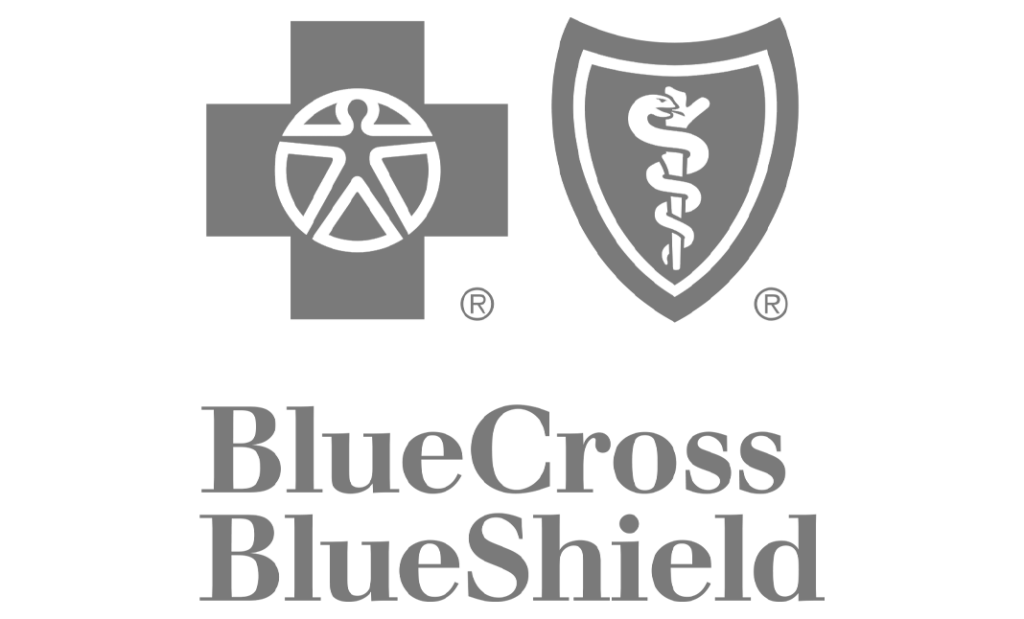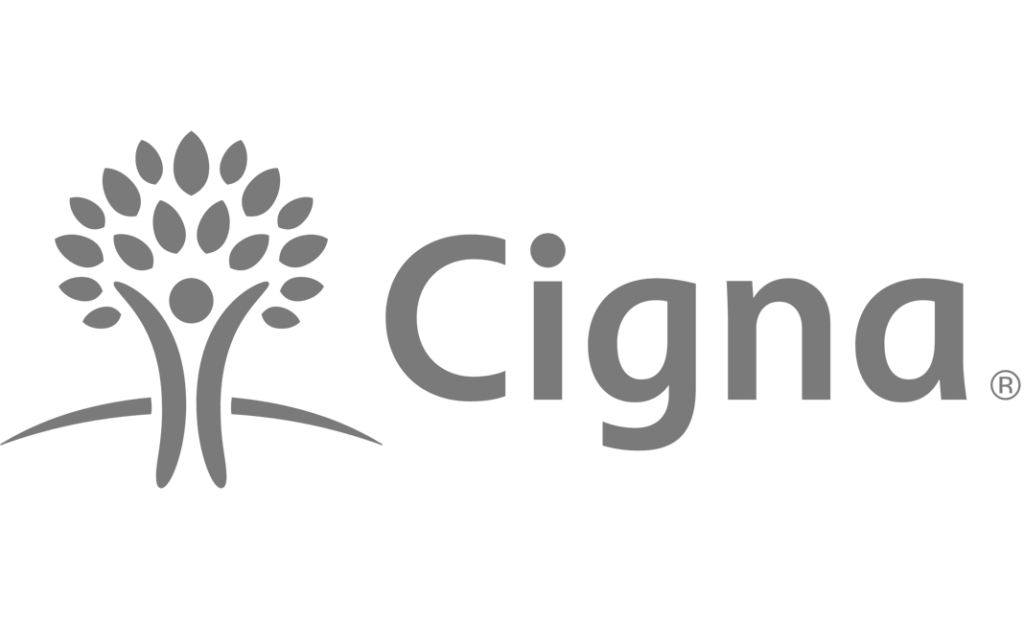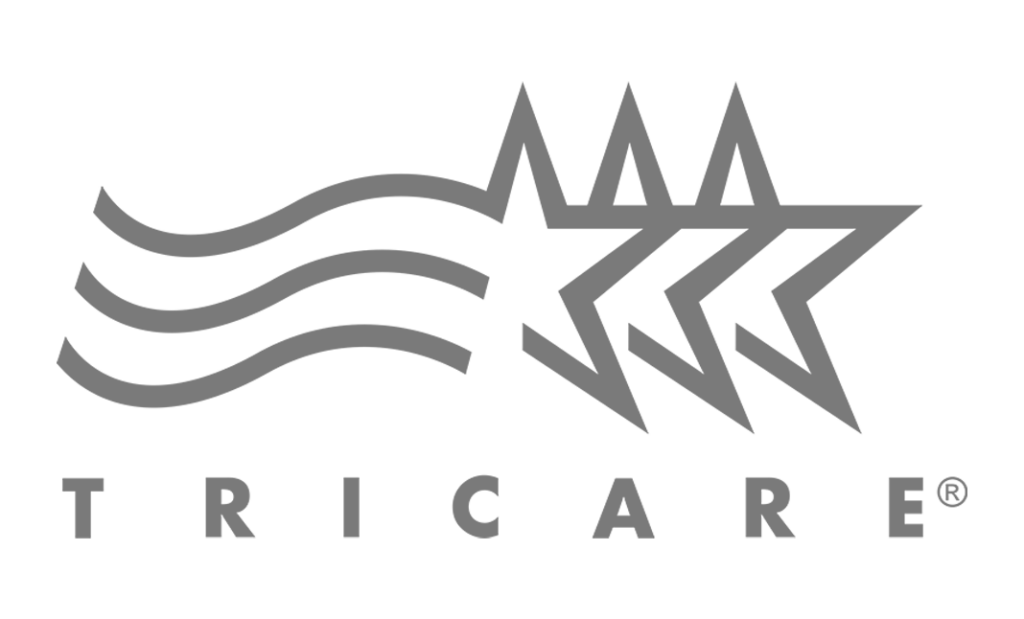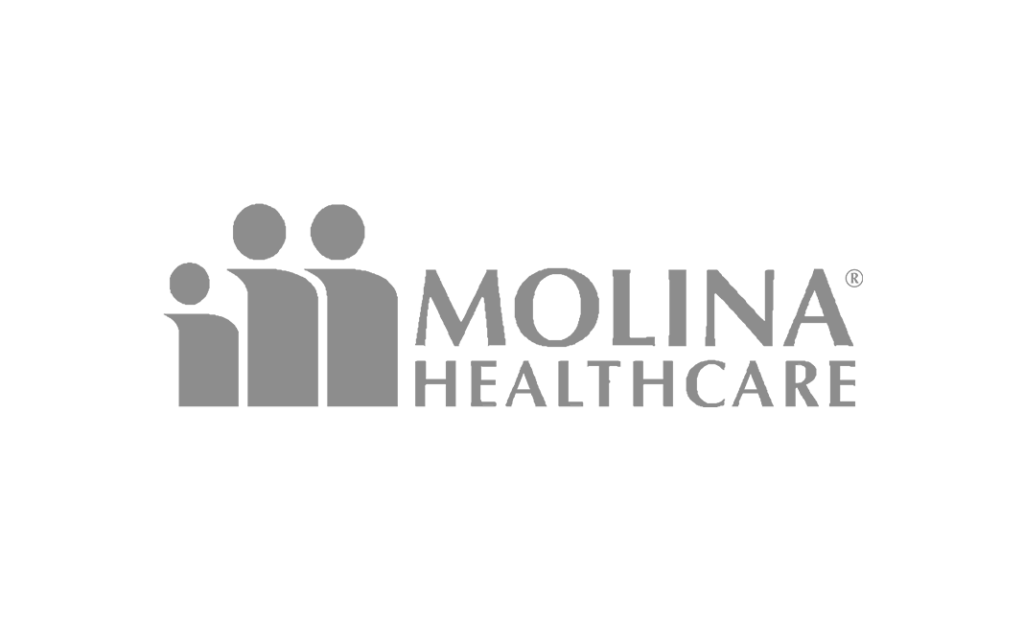Can You Tell If Your Employees Are Using Drugs?
As an employer, it is important to be able to identify drug use in the workplace. Stopping drug use among your employees can reduce the risk of accidents and help your team members get much-needed care. However, since you don’t see your employees every hour of the day, it can be tricky to notice drug use. To keep your business safe, you need to keep an eye out for these major signs of drug abuse.
Strange Shifts in Mood
Typically, an employer will only notice this if they take the time to get to know their employees. However, it’s worth paying attention to because it is a major sign that something is wrong. People who are dealing with addiction often experience major mood swings. Sometimes, this happens because they are high, but sometimes, it just occurs as a result of the mental strain of addiction. Here are some examples of ways that abnormal moods can appear at work:
• Getting inappropriately angry with a customer who asks a simple question
• Crying in the break room without a reason
• Fits of giggles during an important meeting
• Staying excessively relaxed during a work crisis
• Randomly being twitchy and restless
Of course, all of these behaviors can be perfectly normal in some employees. The main thing that makes it a sign of addiction is if the employee doesn’t usually behave that way. If they are suddenly, repeatedly having abnormal moods or displaying abnormal behavior, it might be a sign that your employee is struggling with addiction.
Increased Rates of Theft in the Workplace
Check your workplace’s finances and supplies closely to see if there have been any recent thefts. Unfortunately, chronic workplace theft is often linked to drug abuse. Addiction tends to lead to major financial problems, and embezzling or taking valuable products can seem like a solution to some. Roughly 80% of people dealing with addiction end up stealing from work to support their drug habit.
Plenty of sober employees steal too, however. If you know someone in the workplace who struggles with drug use, it’s not a good idea to automatically assume they’re the one responsible for the theft. That can isolate and stigmatize an innocent person further when they’re already struggling. Instead, you should only use this warning sign as a way of assessing overall workplace health. Items going missing frequently is a sign that someone at your job might be dealing with some mental health challenges.
Frequent Absenteeism
Any employee who is having major attendance issues might be using drugs. When a person is dealing with addiction, it can sometimes be hard for them to maintain a regular schedule. Using drugs can make them lose track of time, or the effects of drugs can make them too sick to work regularly.
Of course, accidents do happen, so even good workers might miss a phone alarm or get their shifts mixed up occasionally. However, if a person is routinely missing days of work without having a reasonable excuse, drugs might be a problem. On average, those dealing with an opioid addiction end up missing 29 days of work each year.
Changes to Health
If the employee has been working with you for a while, you might be able to notice some changes in physical health. When a person is addicted, they often begin to neglect their personal health. They may gain or lose an abnormal amount of weight. Often, people with addictions suffer from frequent colds, infections, and other health problems.
The health impacts of a drug tend to vary depending on what a person is taking. If your employee is addicted, you may notice these signs:
• Small pinprick marks from needle injections
• Sores or scabs on the skin
• Decaying or lost teeth
• Redness of the nose and cheeks
• Frequent nosebleeds
• Runny nose
• Long bathroom breaks because of stomach issues
• Tremors
• Bloodshot eyes
Poor Performance at Work
When a person is dealing with addiction, it will usually become hard for them to focus on their work. Some people may begin to slack off, doing the bare minimum or constantly taking shortcuts. Others may behave bizarrely, focusing all their time on non-essential tasks. Even so-called “functional addicts” tend to become less motivated and engaged in the workplace.
This leads to major declines in workplace performance. For some people, addiction may result in multiple write-ups and warnings. For others, it might just mean they get a little less done. Though many people in high-stress jobs report using drugs as a way of coping, it doesn’t actually boost their performance. Overall, there is a 42% decline in productivity among people with substance use issues.
Lack of Personal Hygiene
People with addictions often neglect a lot of basic self-care because they are busy using or seeking drugs. When someone is dealing with substance use issues, tasks like doing laundry or brushing teeth can seem too overwhelming or unimportant. This tends to result in a distinct lack of personal hygiene.
Employees with drug addictions may skip bathing, which often results in greasy hair or unpleasant body odors. People may struggle to conform to workplace uniform requirements, or their clothing might look rumpled and unkempt. Even if the employee is still meeting all basic dress code standards, they might neglect some smaller grooming standards like neatly combed hair.
More Frequent Workplace Accidents
If the number of accidents on your job site is on the rise, substance abuse could be the problem. Researchers have found that workers with problematic substance abuse are 35% more likely to suffer from an injury at work. Furthermore, drug abuse is behind 10% of all fatalities at work.
It is no surprise that the risk of an accident is higher when an employee is actively using drugs during work hours. Substances like alcohol, heroin, and benzodiazepines slow reaction times while stimulants like cocaine and methamphetamines cause overconfidence and poor judgment. Addiction tends to impair parts of the brain associated with balance, coordination, and decision-making. This can make the chance of an injury a little more likely.
Constant Complaints About Money Problems
If you are paying your employees a livable wage yet they are still struggling to get by, there is a chance an employee might be dealing with substance use. Addiction tends to be very expensive. Even people who are buying cheap drugs or alcohol often end up spending a surprising amount of money on their habit.
Of course, not all employers will be aware of their employees’ money issues. However, try to take the time to listen to your employees. If you hear frequent struggles with making rent, paying for health care, or covering bills, addiction may be behind the money problems. This is especially true if you have an employee suddenly coming to you with a desperate need for a paycheck advance or 401(k) withdrawal. This sort of unexpected money problem often happens among people dealing with drug addictions.
Erratic Behavior at Work
Many people with substance use issues struggle to confine their drug use to their free time. Instead, they often end up taking substances at work as a way of coping with stress or boredom. When employees are using drugs on site, you may witness very strange and erratic behaviors.
People who are high at work may fall asleep mid-sentence or take naps in the strangest spots. Some may pace or fidget excessively, even in potentially self-harmful ways like skin-picking. An employee on drugs might forget to follow social norms, so they may do things like stare excessively or get into people’s personal space. There are also a variety of other odd behaviors, like singing out loud, obsessively organizing, or going on bizarre rants, that may occur when a person is high at work.
Possession of Drug Paraphernalia
Many people with addiction tend to keep a large supply of items used to consume drugs. Even though they may not regularly be using drugs at work, they may hold onto a few items “just in case.” Therefore, you might notice certain types of drug paraphernalia appearing in the workplace.
Some common types of drug paraphernalia include:
• Pipes
• Small rolling papers
• Syringes
• Straws
• Spoons with burn marks
• Lighters
• Razor blades
• Rolled up banknotes
Loss of Interest
If you know your employees’ personalities well, pay close attention to their interest levels. People who deal with drug addictions tend to lose interest in things they used to care about. Instead of being passionate about hobbies or friendships, their main source of excitement comes from drug use.
At work, this sign of drug addiction may present itself as declining interest in work. A formerly motivated, engaged person who was excited to advance in their career may seem to just be going through the motions. You might notice that they no longer laugh and chat with their work friends, and if they are particularly involved in any hobbies, they might quit talking about them or participating in them.
Frequent Bouts of Vague Illnesses
In addition to being more susceptible to actual illnesses like colds or kidney disease, people with substance use problems also tend to report a lot of vague health problems. An employee with an addiction might regularly have a cough, a headache, an upset stomach, or a runny nose. Sometimes, these symptoms occur as a result of hangovers.
However, another frequent reason is withdrawal. Withdrawal happens when a person with a physical dependency on a drug isn’t able to use the drug. Since their body can no longer function normally without the drug, they get sick. An employee who keeps coming into work complaining of vaguely flu-like symptoms might be trying to get clean and experiencing withdrawal. There are also some drugs with such a rapid withdrawal onset that an employee can experience symptoms just by not using drugs during work.
What to Do If You Recognize Any Warning Signs of Drug Usage
If you suspect your employees are using drugs, it is a good idea to help get them proper care. Legally speaking, addiction is a type of disability, so you cannot fire an employee for drug use unless it impacts their job performance. To avoid potential discrimination lawsuits, the most effective thing to do is require employees to seek treatment.
When those you care about are struggling with addiction, Defining Wellness Centers is an excellent rehab choice. We offer a variety of rehab programs, so clients can customize their care to suit their needs. You can choose inpatient rehab for supportive round-the-clock care, or you can choose outpatient programs that let clients still keep up with work, child care, and other responsibilities in between their treatment sessions. If you would like to learn more about our programs and our team, get in touch with us today.





















